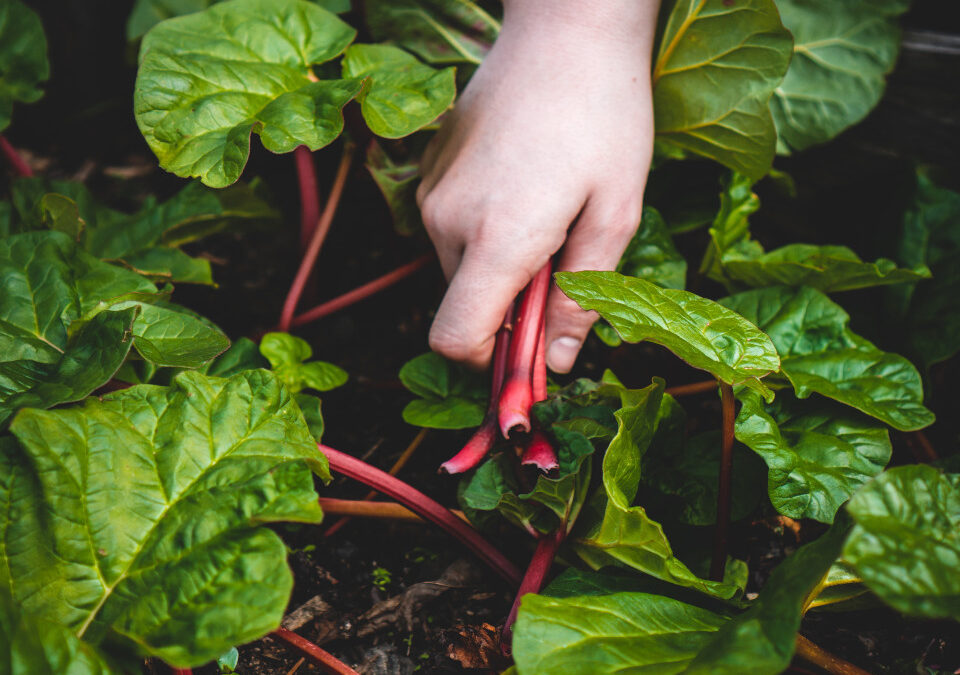Well, you’ve decided to perfect your organic gardening skills. Good for you! However, there is so much information that you may not know where to begin. Don’t worry, organic gardening tips are here! Listed in this article are some tips that will help you to get started and organized so that you can become an organic gardening expert.
A great tip that can help you with organic gardening is to make sure you pick the right containers for your plants. Ideally, you should pick containers that are large enough so that the roots have plenty of room to grow. Also, make sure there are holes in the bottom to provide drainage.
Make your garden appeal to you. A garden should appeal to all your five senses. Devote space to a vegetable garden, install a birdbath, mix in strongly scented flowers or foliage, and plant tactile specimens like fountain grass. When you have all five of your senses pleased will make you happier.
When building or maintaining a compost pile, it is important not to add coal ash or charcoal to the pile. Both ash and charcoal have high amounts of iron and sulfur, as well as other unwanted chemicals that may pollute the soil and potentially harm the health of your plants.
Keep plastic grocery bags convenient to the nearest door to your garden. Working in your organic garden can be greatly enjoyable but also messy. You can re-use plastic bags as impromptu shoe-covers so that you can enter your house without tracking in garden mud. This will allow you to deal with any indoor necessities quickly and get back to your gardening faster.
Consider building raised beds. If you build your own raised beds, you can choose the perfect size for your garden, and you can fill it with a type of soil suitable for what you intend to grow. Since there will be little soil compaction, there will be more oxygen in the soil, and water drainage will be much better. The soil in a raised bed warms up much earlier in the spring, increasing the growing season.
Think of landscaping your yard in the same way you would in planning to build your home. It helps to think of trees as walls and roofs of “rooms” in your garden. This kind of thinking can help you find better locations and sizes for use in your yard.
Use organic material to mulch your trees and flower beds. It will help conserve the water and add nutrients and humus to your plants. Using three inches of organic material will also help discourage weeds and add a nice finished appearance to all your plants.
You should feel better after reading these tips when it comes to organic gardening. That was a lot to read through, but at least now, you should have an idea of what to do and where, to begin with, your organic garden. In addition, you can always return to this list.


